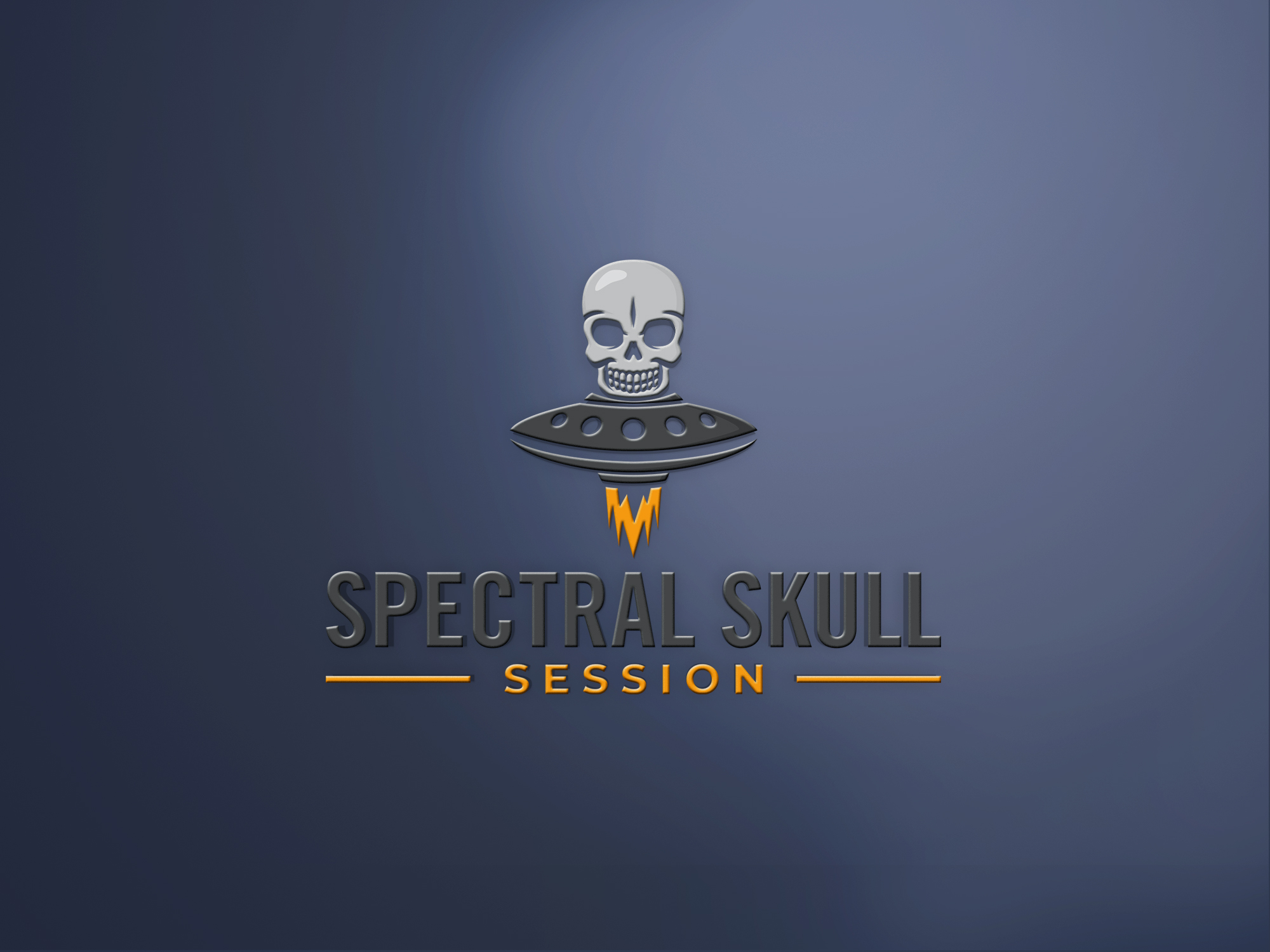We believe that the truth-seeker must develop his or her whole person. The habitual practice of certain skills can entrain the right kind of character for direct and radical engagement with reality. These skills are related to understanding, forming beliefs, making decisions, and being a pro-social human person. A simple example is asking for evidence before accepting a controversial new claim. We all know that we’re supposed to have some kind of evidence, to see that evidence and assess it for ourselves. However, most people very rarely do this. Most people are highly disposed to wishful thinking, which makes them less likely to be successful at searching for the truth. Repeatedly asking for evidence – as we do on the show – is a practice that we hope the audience can entrain in themselves more deeply.
Dane’s view is that the ideal truth-seeker has a broad set of entrained skills, some of which an earlier era would have called ‘virtues’ – attention to detail, a keen eye for inconsistency, basic logical deductive powers, but also self-awareness, charity (or kindness) towards others, and open-mindedness. There are probably others. The Spectral Skull Session develops this theme by doing episodes that focus on a famous intellectual or thinker who struggled with experiences, ideas, or entities that were outside of consensus reality. For example, we’ve covered science fiction writer, Philip K. Dick, and his mystical episodes. Last year, we devoted two sessions to conspiracy theorist writer, Robert Anton Wilson, and his struggles with paranoia. Most recently, we covered the engineer Jack Parsons who broke foundational ground in space exploration at a time when rocketry and space travel were both considered part of the lunatic fringe. In each case, the episode tries to make sense of what we can learn from someone who found themselves wrestling with questions outside of consensus reality.
Dane is working on building a better and more workable ‘mental model’ of what a ‘truth seeker’ looks like as he does the show. Of course, he is also directly engaged in his own search for the truth, as he explores stories about the reality-altering effects of psychedelics, unidentified aerial vehicles, ESP, new religious and spiritual practices, and more.
For the most part, the show avoids getting conspiratorial, because we’ve found that the mindset of conspiracy thinking is not healthy and conducive to truth-seeking. The show also strives for political neutrality, or at least non-partisanship, in its newsy coverage. Nevertheless, the show’s canon includes some political assumptions:
(1) We are all responsible for our own truth-seeking and personal development.
(2) Adults should be treated as though they are able to handle their truth-seeking and personal development.
(3) Modern society is too complex to survive unless most adults are able to handle their own truth-seeking and personal development.
Towards these ends, the show sometimes deals with the growing obstacles to the free-flow of information in the U.S. – censorship, algorithmic manipulation, ideological de-platforming, inauthentic discourse, etc. In the short-term, it may seem that these measures are helpful, even necessary. After all, the U.S. educational system largely fails to provide students with the intellectual and moral tools to develop into truth-seekers. Furthermore, today even well-educated Americans working in medicine and STEM tend to lack rigorous training in how to form arguments, communicate complex ideas persuasively, and build trust through conscientiousness and charity. As citizens have lost fundamental thinking and behavioral virtues, our civilization is having more and more difficulty achieving consensus. As civil society strains under the epistemic stress of growing and seemingly unresolvable disagreement, Politicians and bureaucrats have turned to information regulation as a kind of ‘stop-gap’ measure to stabilize society. This is not historically unprecedented; measures such as censorship and propaganda have been deployed during major wars and periods of crisis. However, the only realistic long-term solution is to enable Americans – and the people of the entire free, industrialized world – to be able to do their own truth-seeking, when and if they want to do it. Although the show is politically neutral, it is also a political project: to ensure the long-term survival of the free world by empowering people to conduct their own search for the truth. That project is being carried out through the podcast, videos, and written articles posted on this site and on Medium. The project is carried out by charting the virtues of truth-seeking, outlining how to build those virtues in real-life practice, and providing practice opportunities for the intellectually engaged person.
If this appeals to you, please join us! Send us an email!
spectral skull [at] protonmail.com
